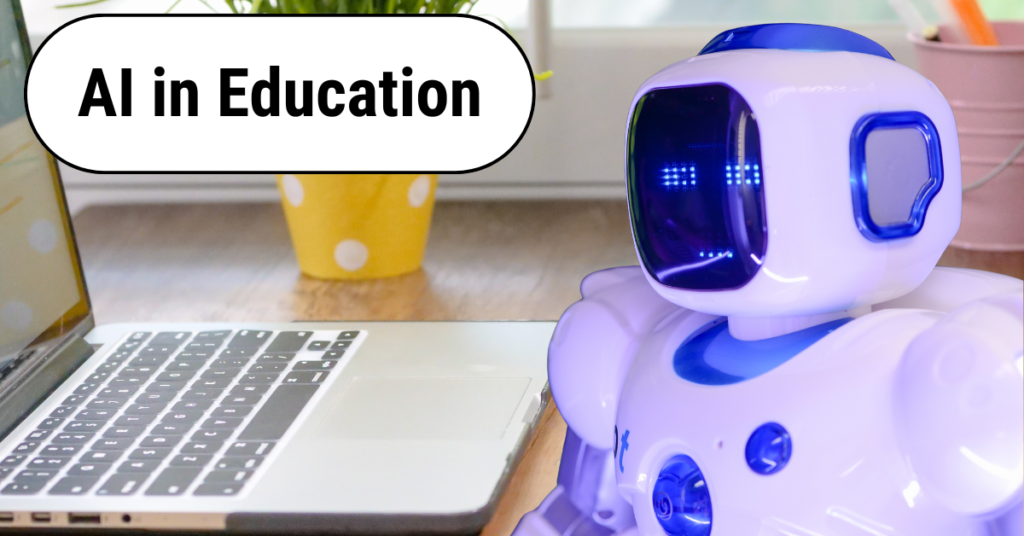Artificial Intelligence (AI) has revolutionized the way we study and learn. From personalized learning to adaptive assessments, AI has made studying more efficient and effective for students of all levels. Let’s take a closer look at how AI helps in study.
Personalized Learning
One of the biggest advantages of using AI in education is its ability to provide personalized learning experiences. With the help of machine learning algorithms, AI systems can analyze students’ strengths, weaknesses, and learning styles to create customized lesson plans and activities. This enables students to learn at their own pace and in a way that suits them best.
For example, if a student struggles with math but excels in language arts, an AI system can adjust the level of difficulty and provide more practice in math while reducing the workload for language arts. This not only helps students improve in their weak areas but also boosts their confidence and motivation.
Adaptive Assessments
Traditional exams and assessments often fail to accurately measure a student’s knowledge or understanding due to various factors such as test anxiety, time constraints, and subjective grading. However, AI-powered adaptive assessments aim to tackle these issues by adapting to each student’s abilities and providing real-time feedback.
These assessments use intelligent algorithms to analyze a student’s performance on questions of varying difficulty levels and adjust subsequent questions accordingly. This not only provides a more accurate assessment of a student’s knowledge but also allows them to focus on areas that need improvement.
Enhanced Tutoring and Support
AI-powered tutoring systems have made learning more accessible and convenient for students. These systems use natural language processing (NLP) technology to understand a student’s queries and provide immediate responses, similar to having a personal tutor available 24/7.
Moreover, AI can also assist teachers by automating administrative tasks such as grading assignments and providing feedback. This enables teachers to spend more time focusing on teaching and addressing the individual needs of their students.
Virtual Learning Environments
The COVID-19 pandemic has highlighted the importance of virtual learning platforms, and AI has played a crucial role in making them successful. AI-powered virtual learning environments can simulate real classroom experiences through features like virtual whiteboards, interactive presentations, and group discussions.
These environments also have the ability to track a student’s progress and provide personalized recommendations for further learning. This not only enhances the learning experience but also promotes self-directed learning and critical thinking skills.
In conclusion, AI has vastly improved the studying process by providing personalized learning experiences, adaptive assessments, enhanced tutoring and support, and virtual learning environments. As technology continues to advance, we can expect even more innovative ways in which AI will help us learn and grow. So, it is evident that AI has become an integral part of modern education systems and will continue to shape the way we study in the future.
It is important for educators and learners to embrace this technology and use it to its full potential in order to make studying more efficient, engaging, and impactful. With AI’s help, we can create a more personalized and effective learning experience for students worldwide. So, let’s continue exploring the possibilities of AI in education and strive towards creating a brighter future for generations to come.
With continuous advancements in AI technology, the future of education looks promising – one where students are empowered to learn at their own pace, have access to endless opportunities for growth, and ultimately reach their full potential. Let’s embrace the power of AI and unlock its potential in revolutionizing the way we study. The possibilities are endless.


